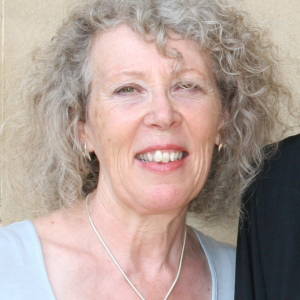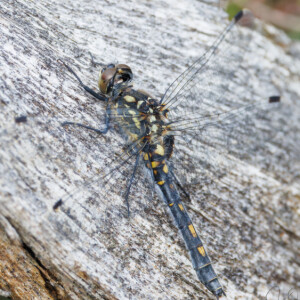White-faced Darters
I drove up to Staffordshire this morning, to join the Chartley Moss walk that's run annually by Natural England (who lease the site from its current owner) and the British Dragonfly Society. The BDS are involved because this is one of only a handful of sites in England where the endangered White-faced Darter can be found. The weather wasn't especially kind, so we saw fewer dragons than I have on previous Chartley walks, but there were maybe a dozen or so Darters around the two accessible pools, along with a couple of Four-spotted Chasers and a fresh male Emperor.
The White-faced Darter is a peat bog specialist. To breed successfully it requires acidic pools with little vegetation and no fish, and with floating rafts of sphagnum moss in which the females can lay their eggs. Away from their breeding pools the adults live in scrub or woodland. Chartley Moss is a floating peat bog (or schwingmoor) surrounded by woodland, so it's perfect territory for this little dragonfly. There are a few other suitable sites in Shropshire, Cheshire and Westmorland, but within the UK the species' strongholds are mostly in the Scottish Highlands.
The White-faced Darter has a two-year life cycle, and adults can be found from around April till August or September, peaking in June. It's about 3.5cm long, and sexually dimorphic, though both sexes have the white face that gives the species its common name. Apart from the face, males are black with red and orange markings (darkening steadily with age), and females and immatures are black with yellow markings.
Males will patrol a breeding pool in search of females, but they also go readily to ground among low vegetation - like the individual in the main image, who was basking on the bog surface close to one of the ponds. The female in my second photo had been in cop shortly before I arrived at this spot, and her partner was still lurking nearby, keeping an eye on her, but she didn't seem to be in any great hurry to lay the eggs he'd fertilised, and spent several minutes resting on a fallen branch, seemingly quite unconcerned about the attention she was receiving from a group of humans.


Comments
Sign in or get an account to comment.


